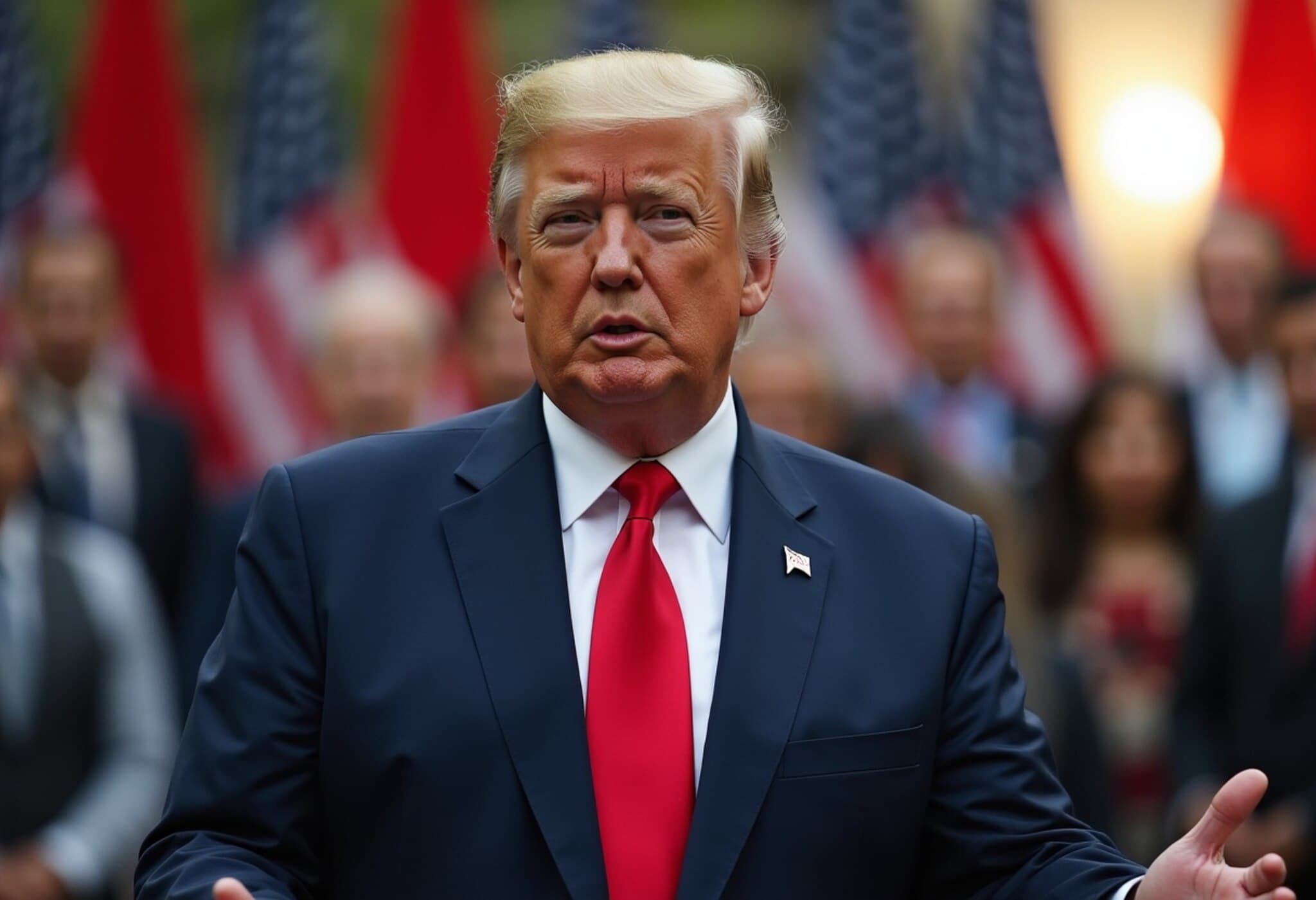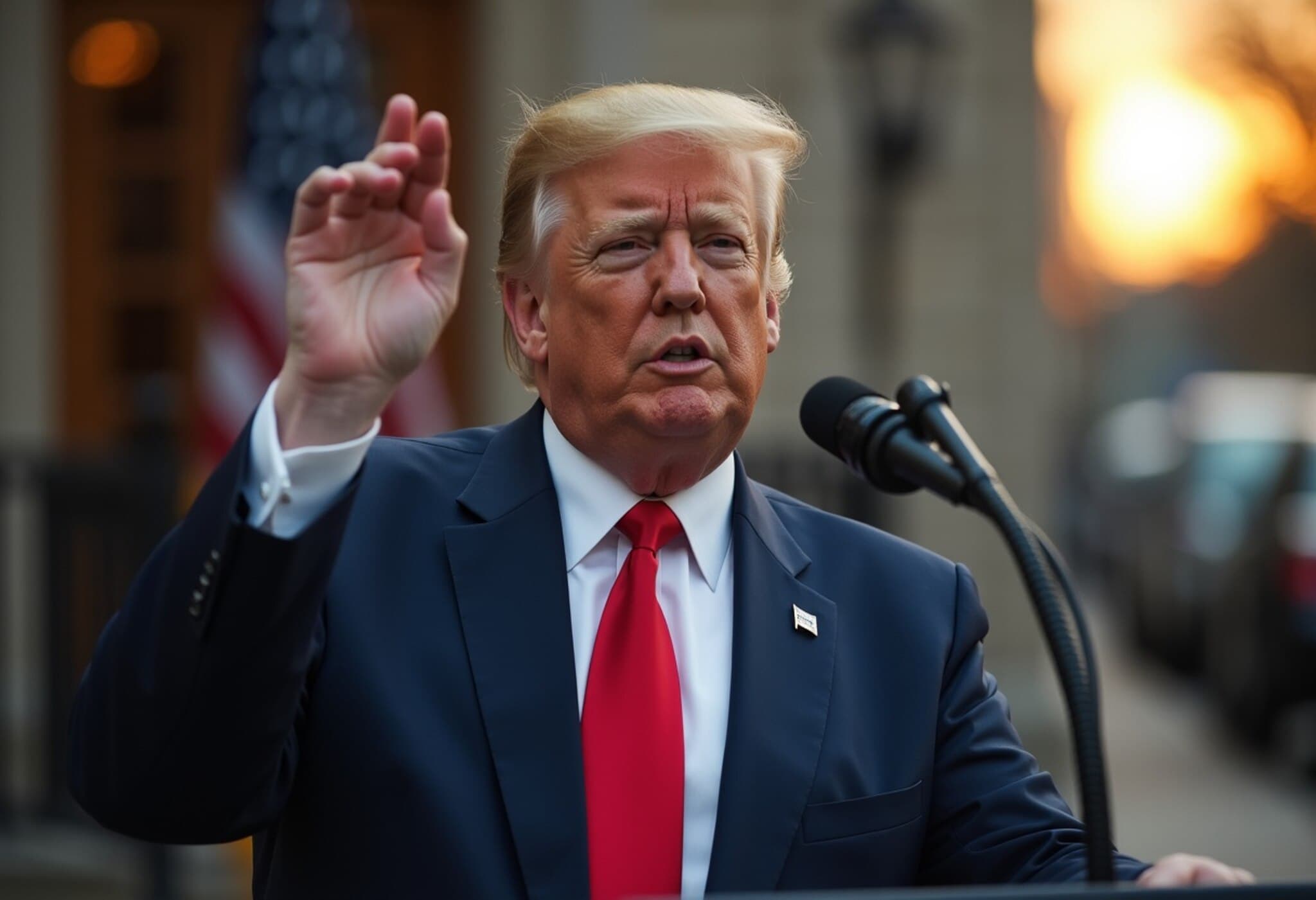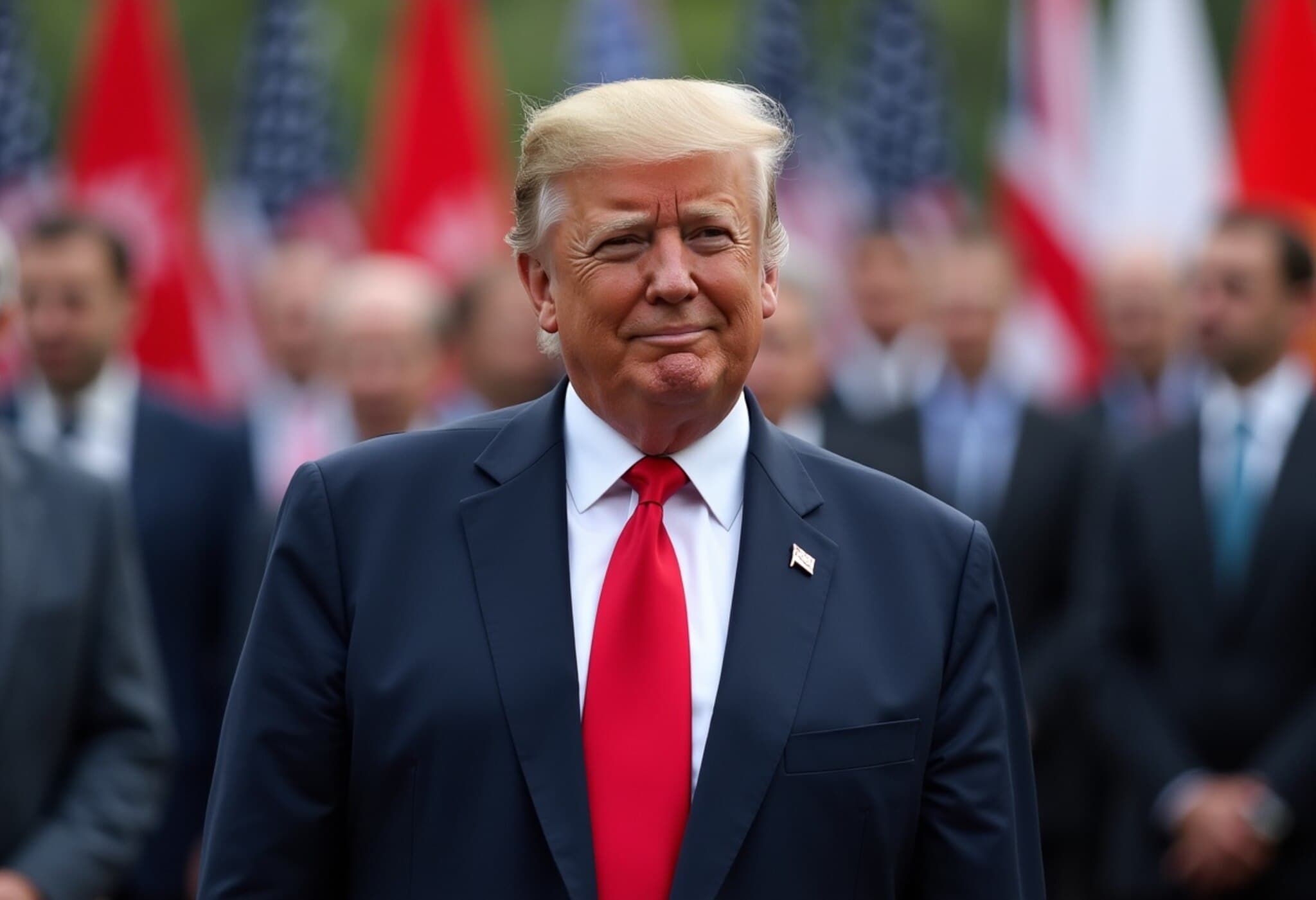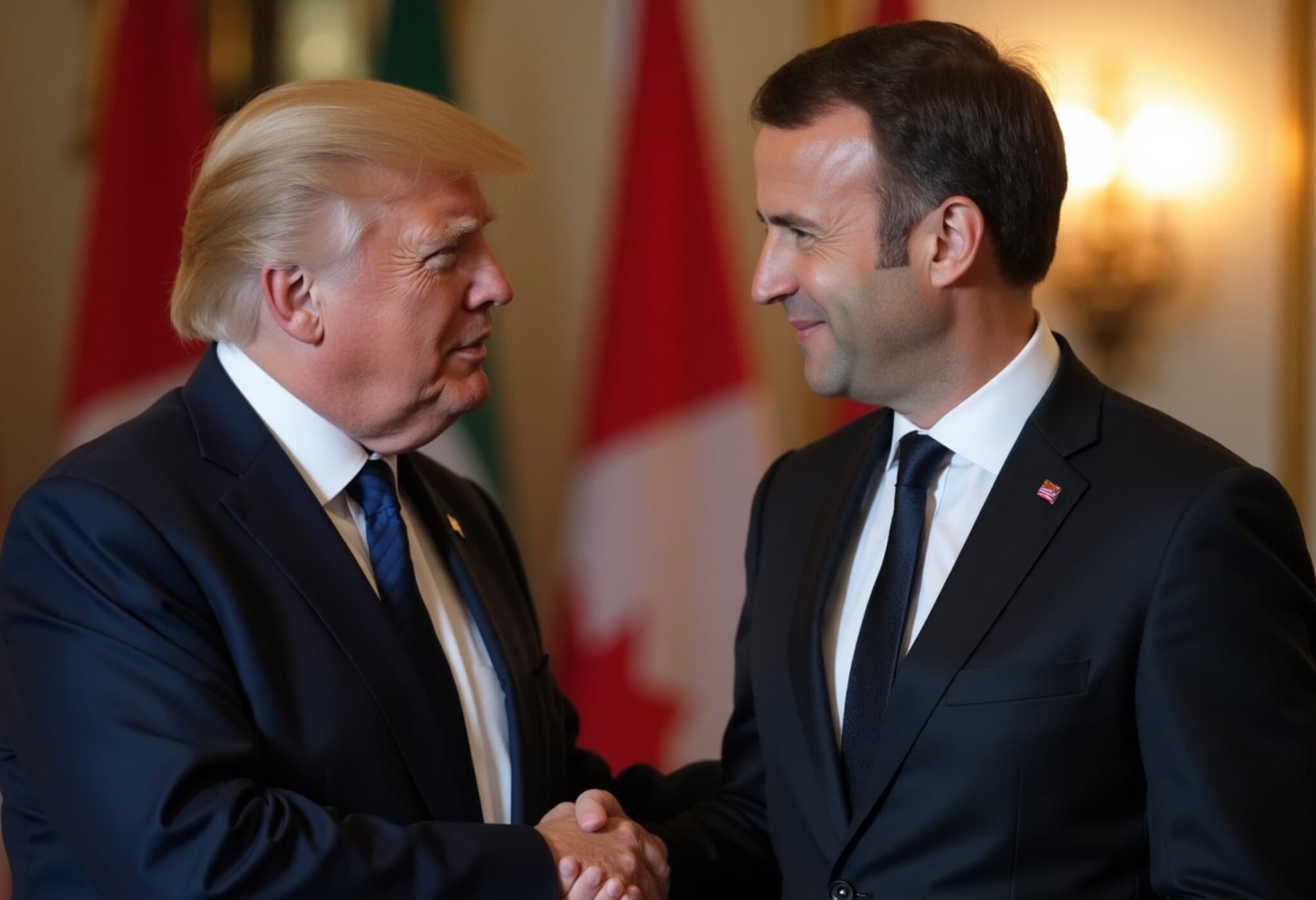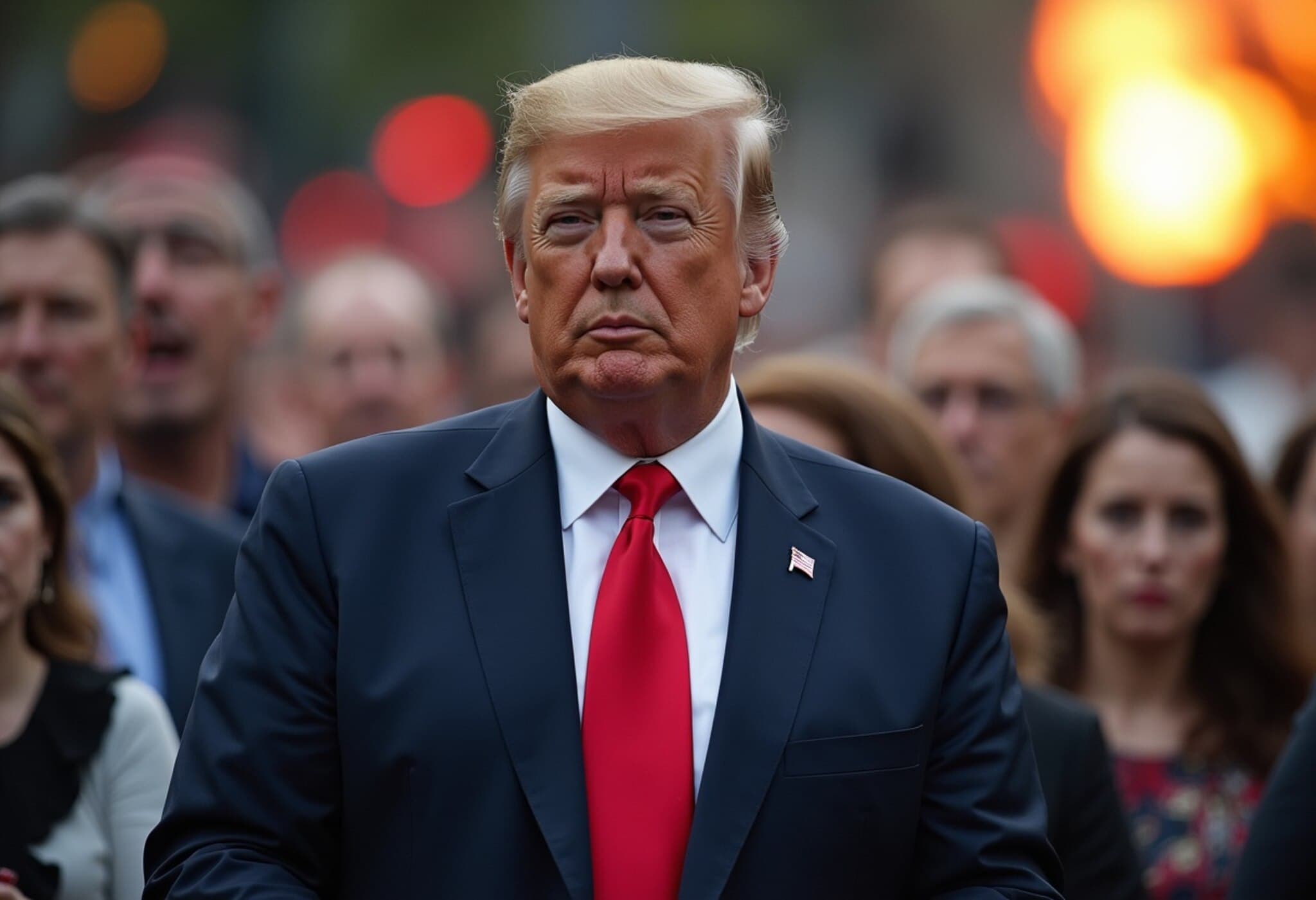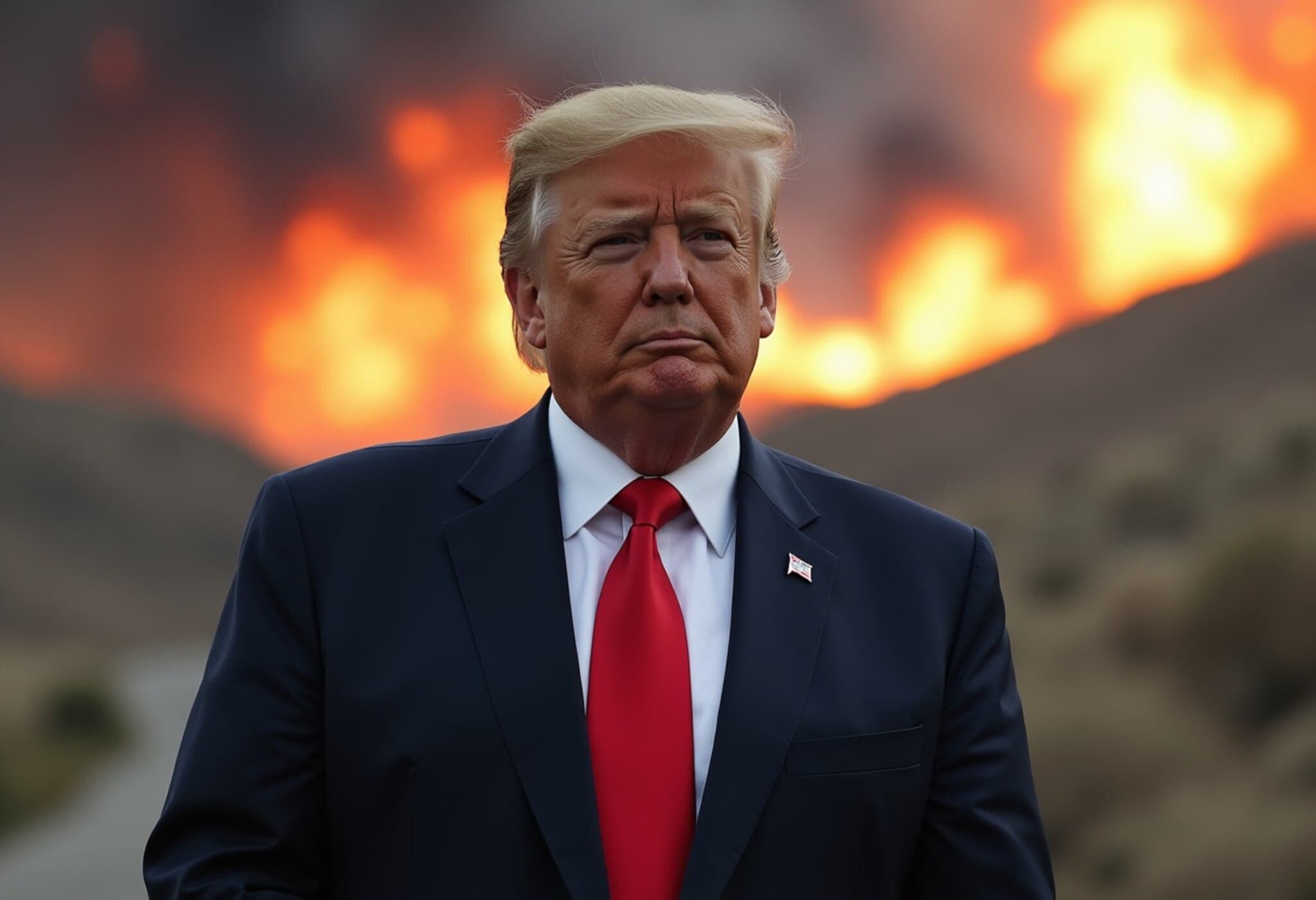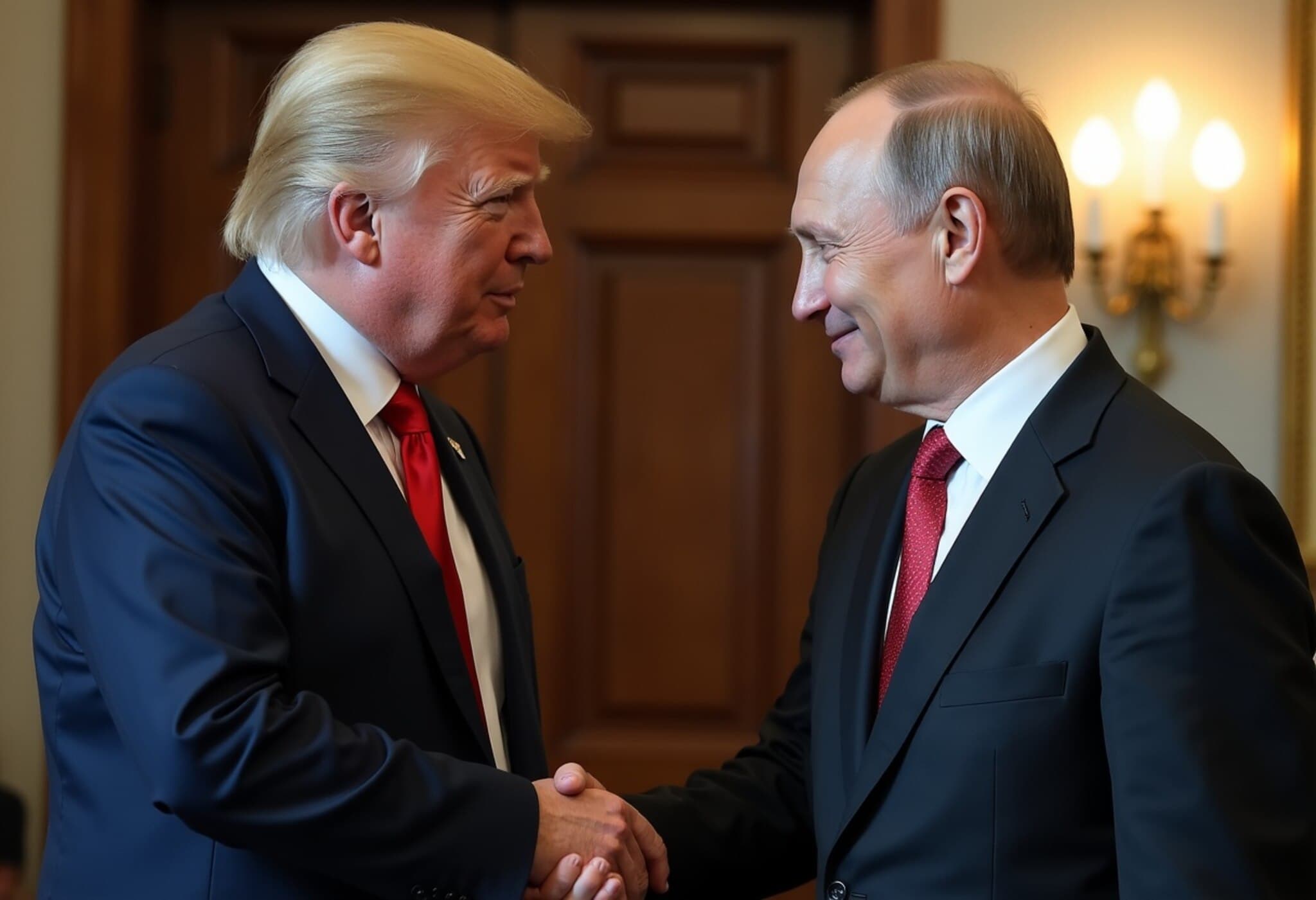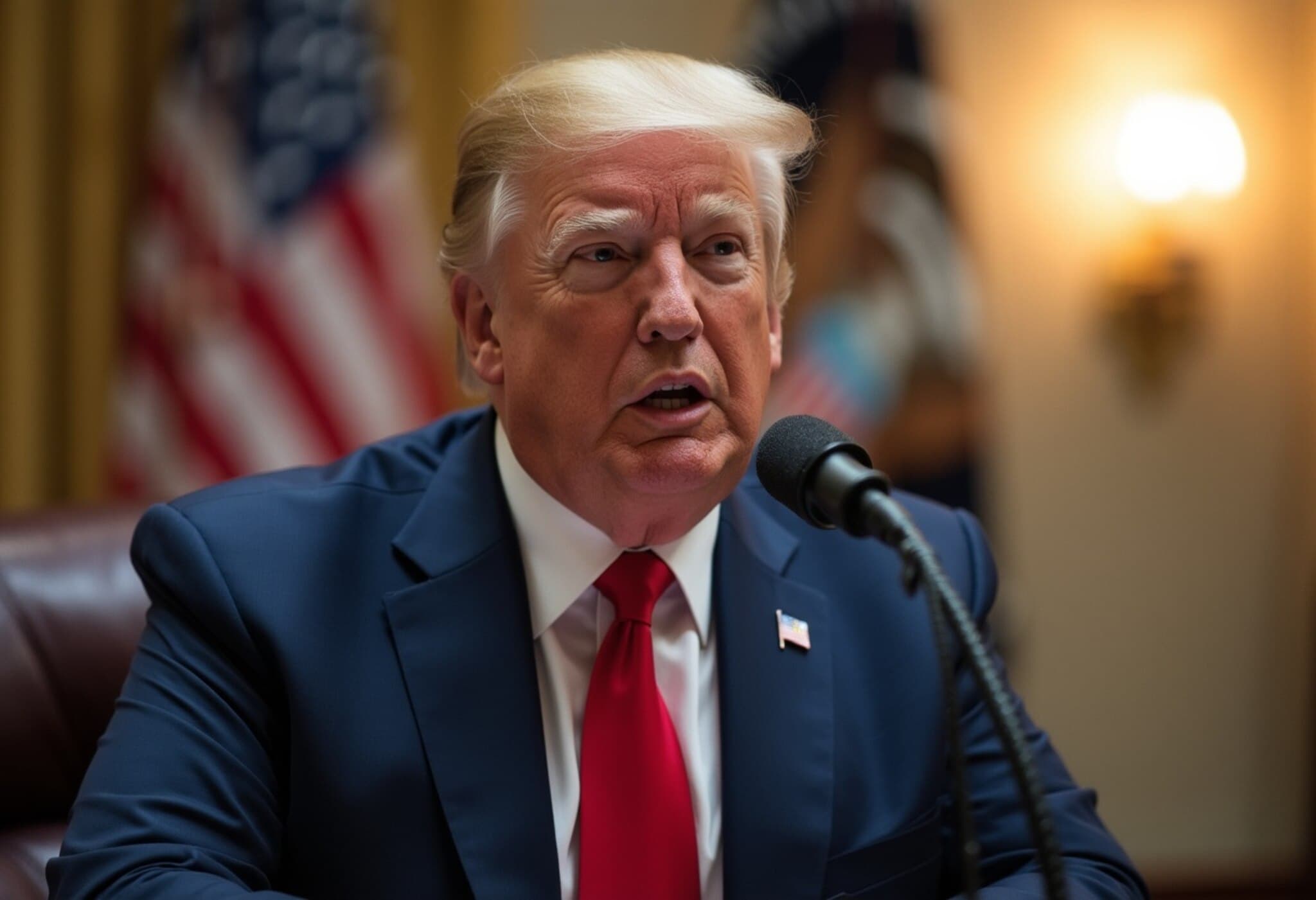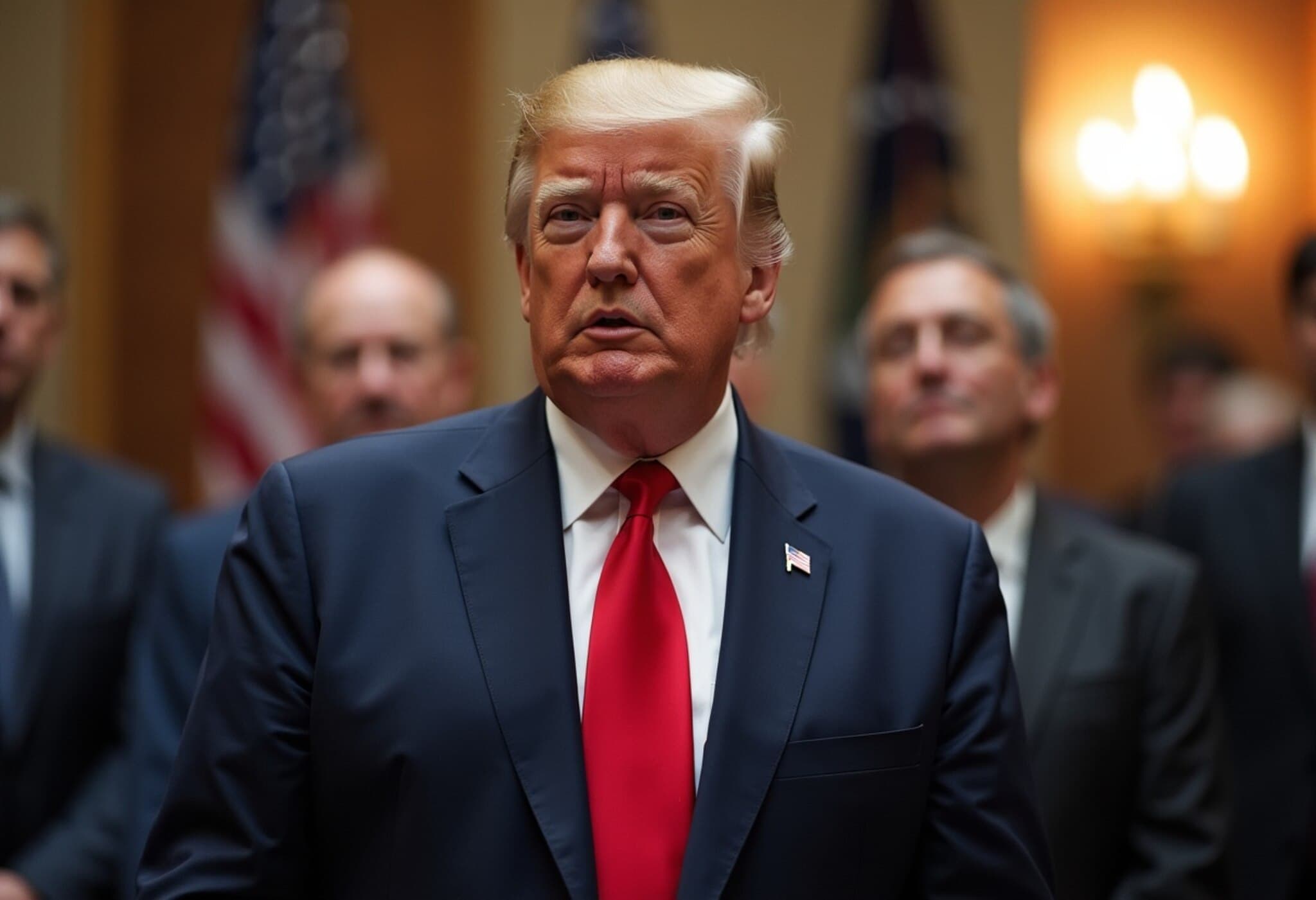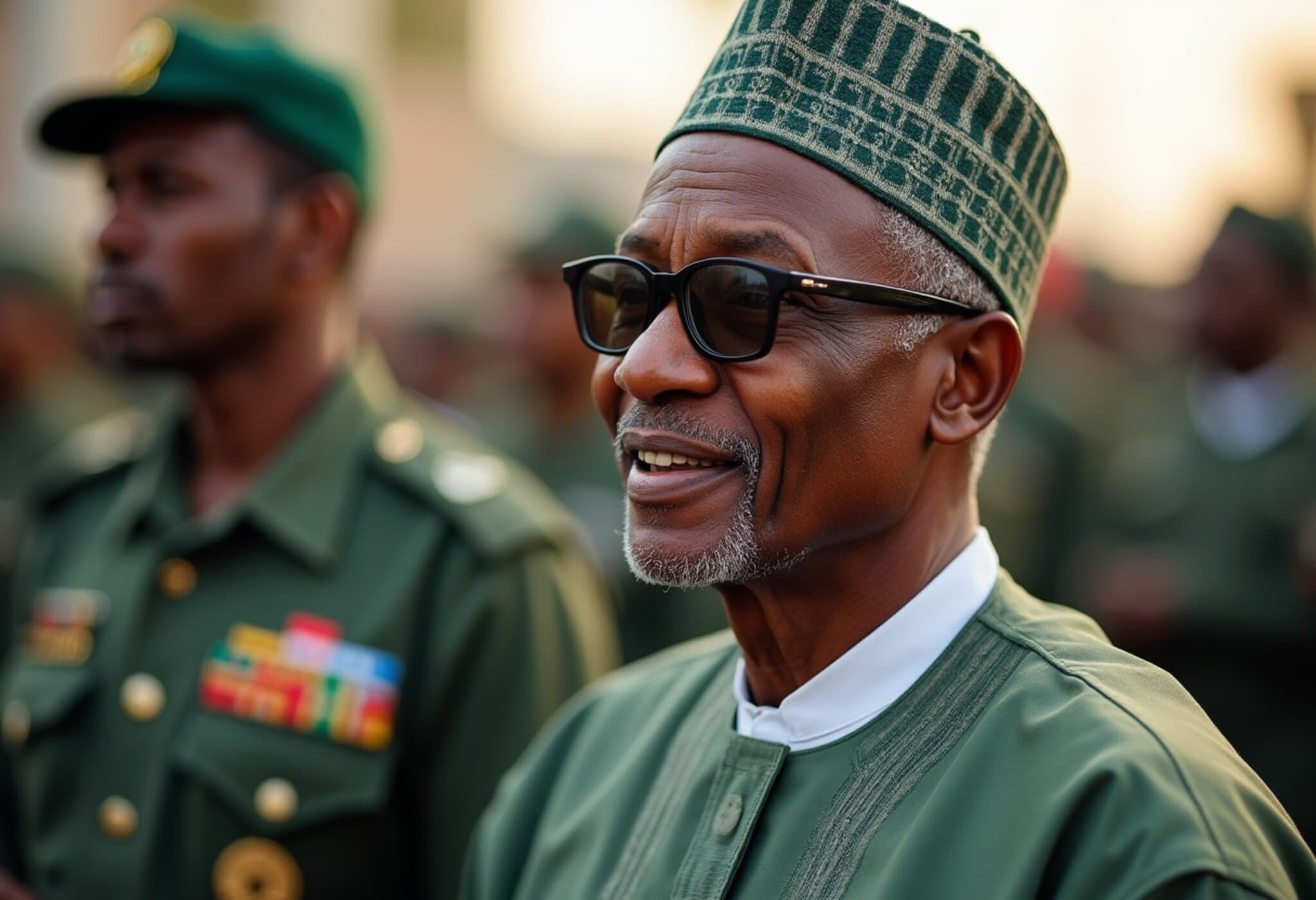Trump Claims New Trade Deal with Indonesia, But Leaves Key Details Unexplained
In a surprising development on July 15, 2025, President Donald Trump announced via his social media platform that he has reached a "great deal" with Indonesia, a pivotal Southeast Asian trade partner. This announcement comes barely a week after he threatened to impose a steep 32% tariff on Indonesian imports to the United States, sending ripples through international trade circles and raising concerns among exporters.
Strategic Importance of Indonesia-U.S. Trade Relations
Indonesia ranks among the United States' top 25 trading partners, with bilateral trade in goods surpassing $38 billion in 2024, according to data from the U.S. Department of Commerce. Despite this robust commerce, the U.S. faced a trade deficit of $17.9 billion with Indonesia last year, a figure that has fueled calls within Washington to recalibrate trade terms.
The Southeast Asian nation has been a significant player in global supply chains, specializing not only in raw commodities but increasingly in manufactured goods and electronics. Any modifications to trade policies affect broader economic and geopolitical dynamics in the Indo-Pacific region.
Trump’s Announcement Mirrors Past Trade Messaging
The recent tweet announcing the Indonesia deal echoes a similar approach Trump took earlier this month regarding Vietnam. On July 2, he declared a trade agreement with Vietnam that also lacked detailed public disclosure. That announcement included mention of a proposed 20% tariff on Vietnamese imports, which reportedly caught Vietnamese officials off guard, and as of mid-July 2025 remained unratified by the Vietnamese government.
This pattern of broad, headline-grabbing trade claims with scant specifics has left analysts and foreign governments alike questioning the substance and enforceability of such agreements.
Indonesian Response and Global Economic Implications
So far, the Indonesian government has not officially responded to the President’s announcement or confirmed the terms of any deal. The lack of transparency invites speculation — will Indonesia accept conditions that might resemble tariff hikes or import restrictions? Could this signify a shift in U.S. trade policy toward Southeast Asia under Trump’s administration, potentially reshaping regional supply chains?
Experts warn that abruptly imposed tariffs or undefined "deals" can destabilize markets and undermine long-term partnerships. For U.S. businesses and consumers, imported goods from Indonesia encompass a wide range of sectors, from textiles to machinery parts, meaning any disruption could have ripple effects across the economy.
What Lies Ahead?
- The exact details, enforcement mechanisms, and timelines of the claimed deal remain undisclosed.
- Expect ongoing scrutiny by congressional trade committees and international trade organizations.
- Stakeholders in both countries will closely monitor official statements and implementation steps.
- The White House’s silence on further information deepens uncertainty.
Given the strategic and economic stakes, transparency and diplomatic clarity will be crucial in the coming weeks to avoid unintended economic fallout and to preserve constructive Indonesia-U.S. relations.
Editor’s Note
President Trump’s assertion of having reached a "great deal" with Indonesia underscores the increasingly complex and sometimes opaque nature of U.S. trade diplomacy in 2025. While bold announcements can galvanize public attention, the absence of specifics leaves critical questions unanswered: What concessions were made? How might tariffs or trade balance be affected? And what does this mean for future bilateral ties and the broader Indo-Pacific region?
For policymakers and businesses alike, the key takeaway is to watch not just the headlines but the details that follow — as these will map the trajectory of U.S. economic engagement with Southeast Asia at a time when global supply chains demand predictability and cooperation.

